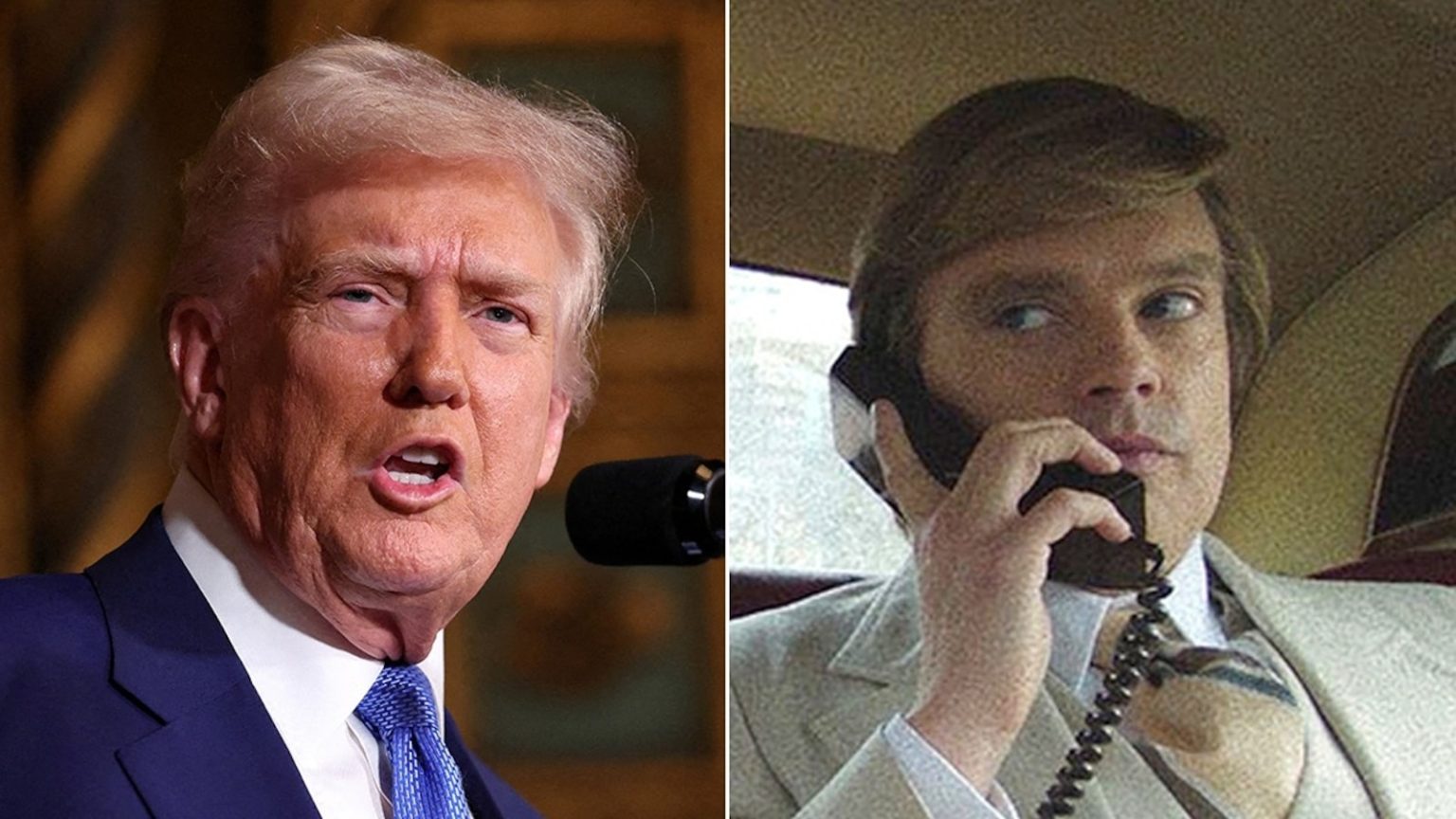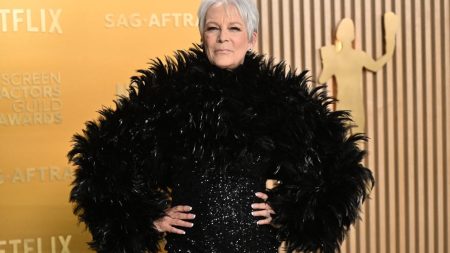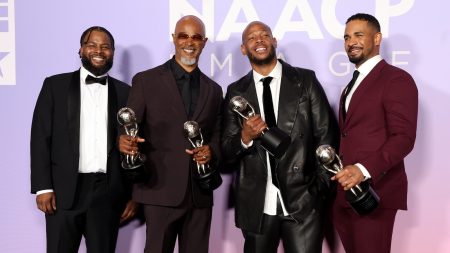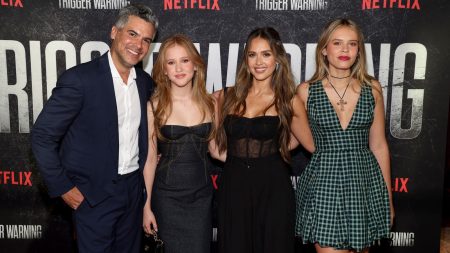The Film "The Apprentice" and Its Controversial Premiere
The film The Apprentice, starring Sebastian Stan as a younger Donald Trump, has sparked significant buzz in both Hollywood and Washington, D.C., since its premiere at the 77th Cannes Film Festival in May 2024. Directed by Ali Abbasi, the movie delves into Trump’s formative years as an ambitious businessman in the 1970s and 1980s, focusing on his relationship with Roy Cohn, a powerful New York City lawyer and political fixer, played by Jeremy Strong. The film’s portrayal of Trump’s rise to prominence and his complex dynamic with Cohn has not only earned Stan and Strong their first Oscar nominations but has also drawn sharp criticism from Trump himself.
Trump has publicly denounced The Apprentice as "fake" and "classless," taking particular issue with its depiction of his relationship with his late first wife, Ivana Trump. The film includes a controversial rape scene based on Ivana’s 1990 divorce deposition, in which she alleged Trump had raped her. Though Ivana later recanted the allegation, Trump has vehemently denied it, calling the inclusion of the scene defamatory and politically motivated. In a scathing social media post, Trump accused the filmmakers of producing a "cheap, defamatory, and politically disgusting hatchet job" aimed at undermining his 2024 presidential campaign.
Trump’s Legal Threats and the Filmmakers’ Response
Trump’s team has not only criticized the film but has also threatened legal action. In May 2024, Trump’s campaign spokesperson, Steven Cheung, announced plans to file a lawsuit, calling the film "pure malicious defamation" and stating that it "should not see the light of day." Trump’s attorneys sent a cease and desist letter to the filmmakers, attempting to block the movie’s release in the U.S. However, the producers of The Apprentice have stood by their work, describing it as a "fair and balanced portrait" of the former president. They have encouraged audiences to see the film and form their own opinions.
Despite the legal threats, The Apprentice proceeded with its wider theatrical release in the U.S. in October 2024. The film has been a subject of intense debate, with many praising its bold portrayal of Trump’s early career and his relationship with Cohn. The movie’s release has also highlighted the broader tension between artistic expression and political sensitivities, with Trump’s reaction serving as a prime example of how public figures often respond to unflattering portrayals in media and entertainment.
Sebastian Stan on Trump’s Criticism
Sebastian Stan, who plays Trump in the film, has addressed the former president’s criticism in multiple interviews. Speaking to NPR’s Fresh Air podcast, Stan questioned the intensity of Trump’s reaction, suggesting that the film may have struck a nerve. "If the movie is really just so irrelevant, then why warrant that reaction from him to begin with?" Stan remarked. He further speculated that Trump might be uncomfortable with the idea of someone else interpreting and portraying him, particularly in a way that reveals his vulnerabilities and flaws.
Stan also expressed disappointment over Trump’s inflammatory rhetoric, describing it as "unsettling" and "predictable." He noted that Trump’s negative reactions often serve to divide people, a tactic that Stan believes keeps Trump in the public eye. In a separate interview with The New York Times, Stan described his portrayal of Trump as "a well-crafted character built from rage and years of suppression," suggesting that the film offers a nuanced and humanized depiction of the former president.
Jeremy Strong and the Broader Implications of the Film
Jeremy Strong, who plays Roy Cohn in The Apprentice, has also weighed in on the controversy surrounding the film. In an interview with the BBC, Strong acknowledged the risks of making a film that critiques a powerful and polarizing figure like Trump. "Art is meant to speak truth to power," Strong said. "We don’t often do that with consequences. The specter of consequences weighs heavily on me." He also revealed that the film’s writer, Gabriel Sherman, had received death threats and antisemitic hate mail following Trump’s public criticism of the movie.
Strong has described The Apprentice as a "Frankenstein" story, where Cohn’s mentorship of Trump creates a "monster" who would go on to shape modern politics. This metaphor underscores the film’s central theme: the relationship between power, ambition, and the individuals who shape American history. Strong’s comments highlight the broader implications of the film, which go beyond a simple biographical drama to explore the ethical and moral complexities of political and personal ambition.
Director Ali Abbasi Responds to Trump’s Rebuke
Ali Abbasi, the director of The Apprentice, has also addressed Trump’s criticism of the film. In a post on social media, Abbasi extended an olive branch to Trump, writing, "Thanks for getting back to us @realDonaldTrump. I am available to talk further if you want." Abbasi elaborated on his reaction in an interview with the CBC podcast Q With Tom Power, expressing confusion over Trump’s anger. "I don’t understand why he’s so angry…. We try to depict him in a human way, complex way with a lot of nuances, a lot of care," Abbasi said. He even jokingly suggested that he had expected a "thank-you letter" from Trump, given the film’s careful and multifaceted portrayal of him.
Abbasi’s response reflects the filmmakers’ intention to present Trump as a multidimensional figure rather than a one-dimensional villain or hero. By humanizing Trump and exploring his relationship with Cohn, the film aims to provide insight into the experiences and influences that shaped his worldview and political career. Abbasi’s comments also highlight the tension between artistic expression and public perception, as creators strive to tell compelling stories while navigating the sensitivities of their subjects.
Conclusion: Artistic Freedom and the Debate Over The Apprentice
The controversy surrounding The Apprentice has reignited the debate over artistic freedom and the portrayal of public figures in media. While Trump and his supporters have condemned the film as defamatory and politically biased, the filmmakers and actors involved have defended it as a thoughtful and nuanced exploration of Trump’s early life and career. The film’s release has also raised important questions about the role of art in speaking truth to power and the challenges of depicting polarizing figures in a way that resonates with audiences.
Ultimately, The Apprentice serves as a reminder of the enduring power of storytelling to provoke, inspire, and challenge our assumptions about the world and its most influential figures. Whether or not one agrees with its portrayal of Trump, the film has undeniably sparked a necessary conversation about the intersection of politics, media, and art. As such, it stands as a testament to the enduring relevance of cinematic storytelling in shaping public discourse.















